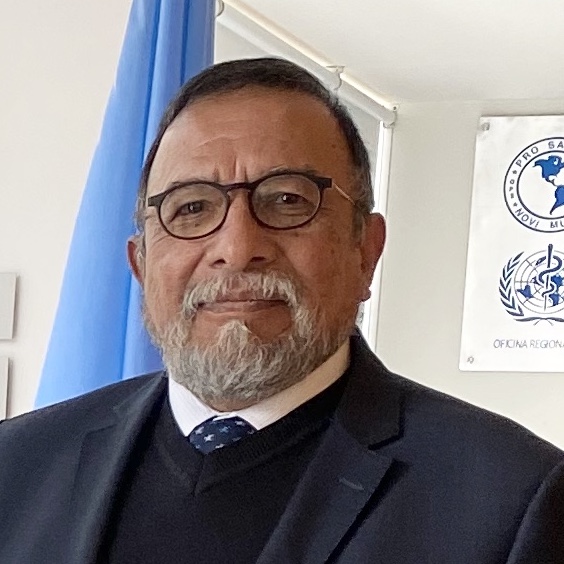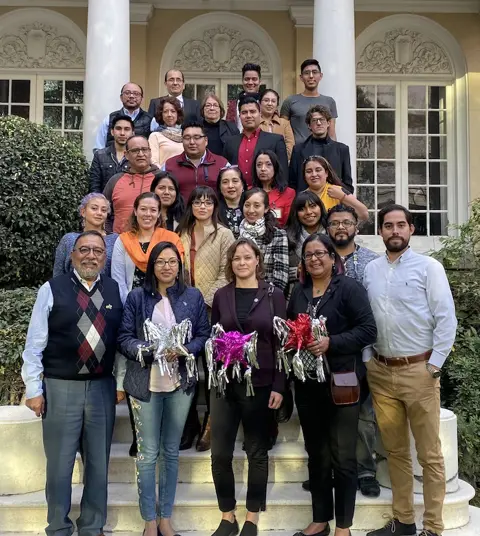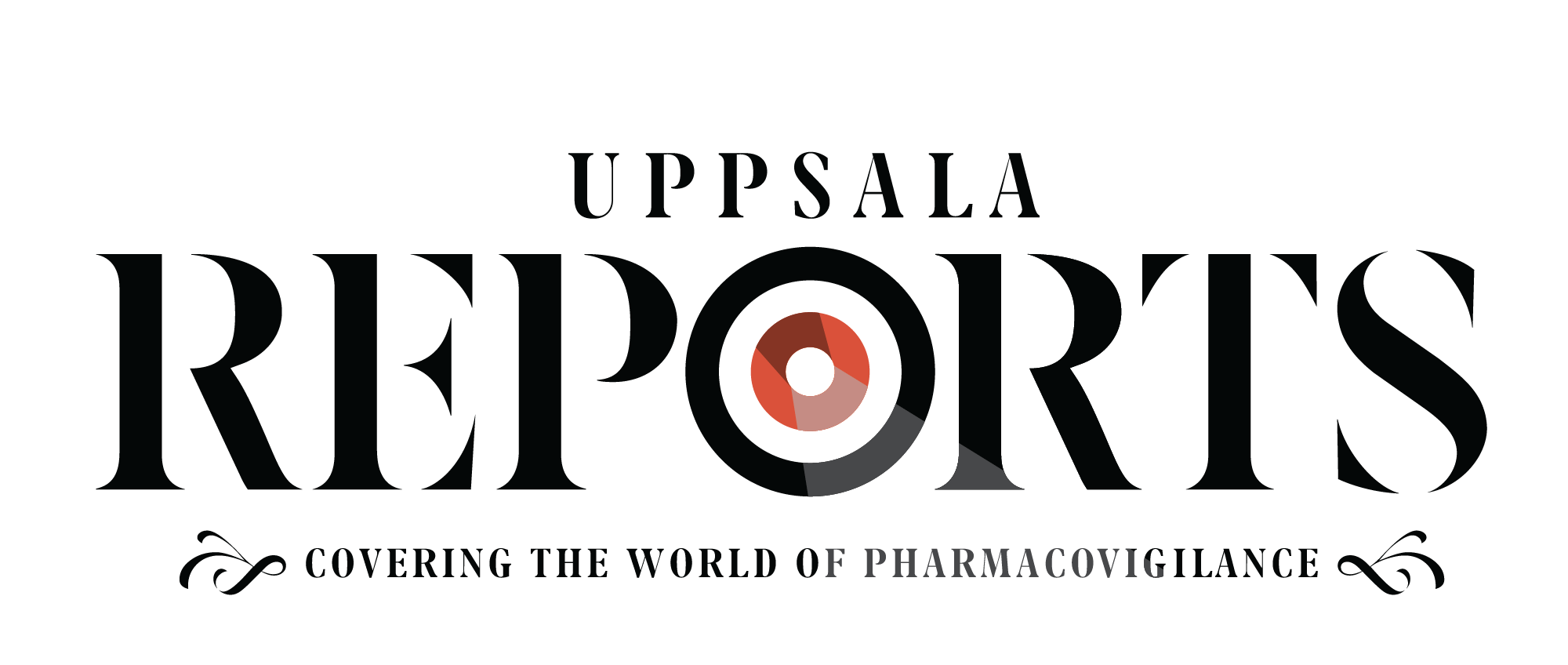
Mexico’s National Centre for Pharmacovigilance, (Centro Nacional de Farmacovigilancia – CNFV/COFEPRIS) faced a challenge. Guidelines issued by Secretary of Health, Dr Jorge Carlos Alcocer Varela, called for reforms of the nation’s pharmacovigilance system to be completed in the short term. Rising to that challenge, COFEPRIS embarked on a complex technical, administrative, and training process, which concluded on 16 September 2019. With the support of experts from the Pan American Health Organization (PAHO) and Uppsala Monitoring Centre (UMC), COFEPRIS implemented VigiFlow, the UMC-developed system for reporting adverse drug reactions (ADRs).
VigiFlow and its tools make it possible to actively monitor the safe performance of medicines marketed in Mexico and to make timely decisions based on the detection of risk signals for the population. This ability meets a long-deferred need – adopting a drug-safety vision focused on risk management for patients and public health alike, based on pharmacovigilance best practices.
Mexico has a population of 120 million, distributed across 32 states, which together form the federation. After Brazil, Mexico is the second greatest user of medicines in the Latin American region and its pharmaceutical market is the 11th largest worldwide.
In the terms of the Mexican Official Standard NOM-220-SSA1-2016: Installation and Operation of Pharmacovigilance, COFEPRIS – under the leadership of the Executive Director of Pharmacopoeia and Pharmacovigilance – is responsible for establishing and disseminating policies, guidelines, criteria, methodologies, programmes, manuals, procedures, and guides in the field of pharmacovigilance. It is responsible for coordinating and monitoring the pharmacovigilance activities carried out by the members of the system and for managing the safety information of medicines and vaccines. It promotes safety actions that contribute to the well-being of patients and the rational use of medicines and vaccines, implementing the communication of risks, with the aim of preventing harms and protecting the population in accordance with the WHO International Programme for Drug Monitoring.

Adopting VigiFlow, enables COFEPRIS to carry out its essential activities dynamically, with high-quality information. Vigiflow and e-reporting have been implemented throughout the country, by all stakeholders, with widespread use in the medical and pharmaceutical services, particularly in the areas of clinical and hospital pharmacovigilance. For the time being, VigiLyze is used exclusively by COFEPRIS.
In addition to the federal health system (Sistema Federal Sanitario), several other large institutions are also adopting reforms within their own pharmacovigilance units. These include the Institute of Health for Welfare (INSABI); the Mexican Institute of Social Security (IMSS); the Institute of Security and Social Services for State Workers (ISSSTE); the Departments of the Navy (SEMAR), National Defence (SEDENA), and Health (SSA); Petroleos Mexicanos (PEMEX); the Red Cross; and the Coordinating Commission of National Health Institutes and High Specialty Hospitals (CCINSHAE) and its constituent institutions. To date, COFEPRIS has received 4,865 reports from these institutions, with an average of 970 notifications per month.
The pharmaceutical industry – including distributors, marketers, and clinical research establishments – are also already feeding reports into the system: 15,025 reports submitted so far at an average of 3,000 per month.
Pharmacovigilance is gradually and consistently permeating the entire national health system of Mexico, which it will strengthen greatly to the benefit of the entire population.
The implementation process included workshops on using VigiFlow and VigiLyze for pharmacovigilance. The workshops attracted strong turnout and active participation from state and institutional pharmacovigilance centres, thanks in large part to Dr José Alonso Novelo Baeza, the federal commissioner for protection against health risks, whose messages have emphasised the importance of pharmacovigilance and its benefits for the Mexican population’s health.

Pharmacovigilance in Mexico is the result of a great teamwork between COFEPRIS, UMC, and PAHO, which we wish to thank for their confidence and support. The National Centre for Pharmacovigilance wishes to particularly acknowledge the support of:
- PAHO – Cristian Morales, Dr Cecilia Acuña, Robin Rojas, and Giset Jimenez
- UMC – Dr Salvador Alvarado, Jenny Jansson Liikamaa, Elki Sollenbring, and Dr Monica Tarapues (external consultant)
- COFEPRIS – Dr José Alonso Novelo, Leticia Angélica García, Rafael Chong, Dr Alejandro Nieto, Gabriela Huitron, Gandi Rayon, and Rogelio Rios.
- And all the staff of the National Centre for Pharmacovigilance, the Health Promotion Commission, the Executive Directorate for Systems and Processes, and the Executive Directorate for International Operations.
Read more:
Original report (in Spanish) – La COFEPRIS incrementa y mejora sus capacidades para la recepción y análisis de la información de Notificaciones de Reacciones Adversas a los Medicamentos




